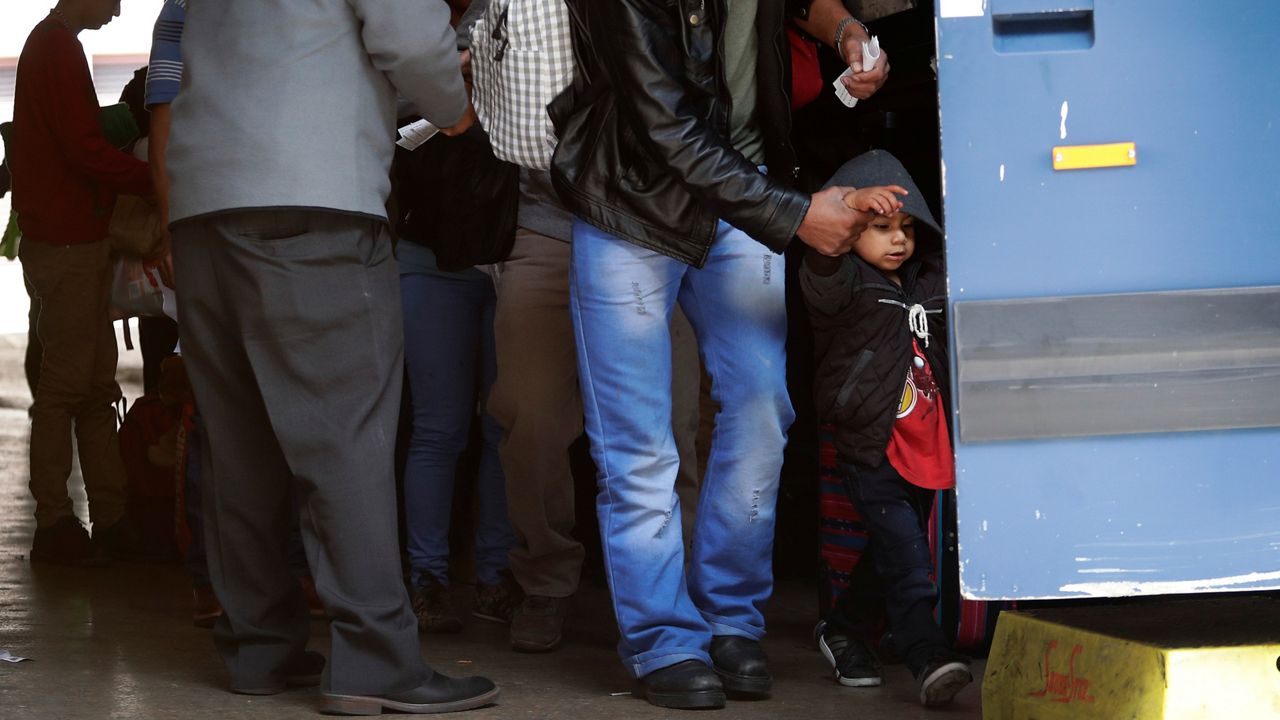A bus of migrants is expected this week to arrive in the town of Salina, despite an emergency order by the Onondaga County executive banning hotels from sheltering the individuals, according to Town Supervisor Nick Paro.
Paro told Spectrum News 1 that he spoke with a member of New York City Mayor Eric Adams’ office who told him the city had contracted with a Salina hotel to house migrants. It wasn’t immediately known how many migrants, for how long or specifics of the arrival this week.
An injunction is being filed today, according to Paro, seeking a temporary restraining order.
Paro had released a letter last week saying Salina wouldn’t accept migrants, citing the cost and lack of space in the town.
“We do not have room in Salina, and our community is not prepared to shelter and provide for a spate of migrants that New York City refuses to take care of in their ‘sanctuary city,’” Paro said in a statement on Wednesday.
The contract by the hotel would be at odds with an emergency order issued Thursday by Onondaga County Executive Ryan McMahon, which bars municipalities or businesses from entering such deals to shelter migrants in the county.
More than 20 counties in upstate New York have similar orders.
This all comes on the heels of the transport of migrants to the Hudson Valley over the past two weeks, which has led to lawsuits, counter-lawsuits and temporary restraining orders.
"As we've been saying for months, we are in the midst of a humanitarian crisis, having opened more than 150 emergency sites, including nine large-scale humanitarian relief centers, to serve almost 70,000 asylum seekers that have arrived in our city," New York City Mayor Eric Adams' Office said in a statement. "Every day, we receive hundreds of additional asylum seekers and we are out of space. New York City has done and will continue to do its part, but we need counties, cities, and towns across the state to do their part as well, especially when New York City is willing to pay for shelter, food, and more. In most areas, we're not even asking localities to help manage 1/4 of 1% of the asylum seekers that have arrived in New York City, and again with New York covering the costs. We will continue to communicate with local elected officials as we open more emergency sites."



